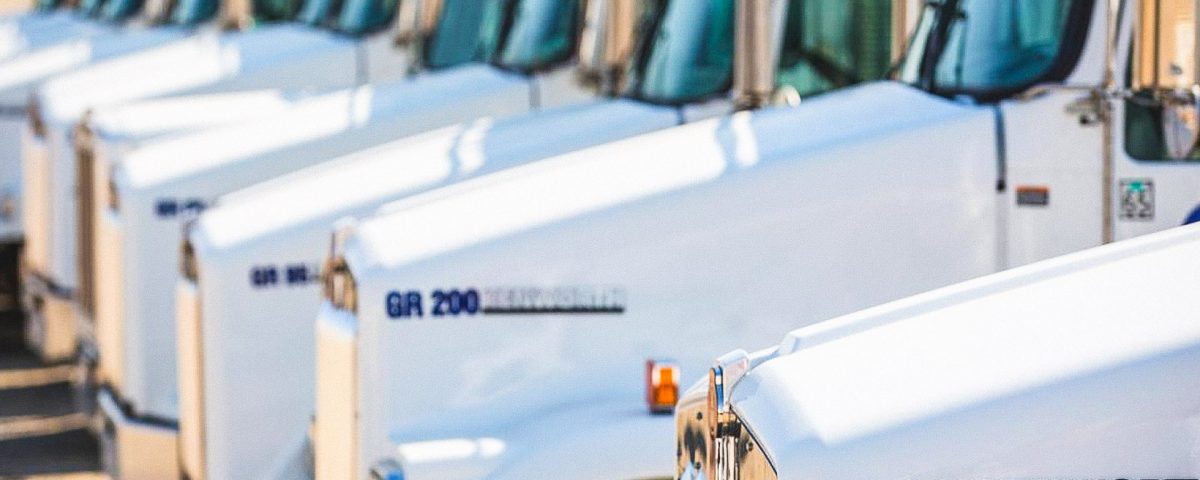- SBE #39228
- +1 (916) 985-2700
- info@grtrucking.net
Material Transport and Recycling Sacramento

Material Transport and Recycling
Challenges and Solutions in Material Transport and Recycling
Gr Trucking | Concrete Recycling | Material Trucking | Sacramento
Challenges and Solutions in Material Transport and Recycling
In an era increasingly aware of environmental sustainability, the recycling industry stands as a crucial player. However, despite its importance in waste management and resource conservation, the industry faces several formidable challenges ranging from regulatory complexities to logistical and economic hurdles. Addressing these challenges is essential to enhancing the efficiency and effectiveness of recycling practices.
Regulatory Hurdles
The recycling industry is often entangled in a web of stringent regulations that vary significantly across different jurisdictions. These regulations can impede operations, particularly for companies that operate in multiple regions. A major issue is the lack of uniformity in recycling standards and practices, which can lead to confusion and inefficiency. For instance, what is recyclable in one city might be considered non-recyclable in another. To mitigate these challenges, there is a pressing need for more harmonized regulatory frameworks. By standardizing regulations across regions, recycling companies can streamline their operations and improve compliance, thereby enhancing overall recycling rates.
Logistical Challenges in Urban Areas
Urban centers pose unique logistical challenges for recycling operations due to high population density, limited space for facilities, and traffic congestion, which complicates the collection and transport of recyclables. One potential solution is to invest in decentralized recycling facilities that can handle materials locally, reducing the need for long-distance transportation. Additionally, the use of technology such as route optimization software can improve collection efficiency, minimizing costs and environmental impacts associated with fuel consumption.
Cost of Recycling vs. New Material Production
Often, the cost of recycling can exceed the cost of producing new materials, particularly when dealing with complex products like electronics or mixed plastics. This economic challenge is exacerbated by fluctuating markets for recycled materials. To address this, both technological innovation and governmental incentives are critical. Advances in recycling technologies can reduce processing costs and increase the yield of high-quality recycled materials. Meanwhile, government subsidies, tax breaks, or mandates can make recycling a more economically viable option. Policies that require a minimum content of recycled material in certain products can also drive demand, stabilizing prices and encouraging investment in recycling infrastructure.
In conclusion, while the challenges faced by the recycling industry are significant, they are not insurmountable. Through a combination of regulatory harmonization, technological innovation, and strategic policy interventions, the recycling industry can overcome these obstacles. This will not only bolster the industry’s growth but also contribute to a more sustainable future, aligning economic activities with environmental stewardship.
